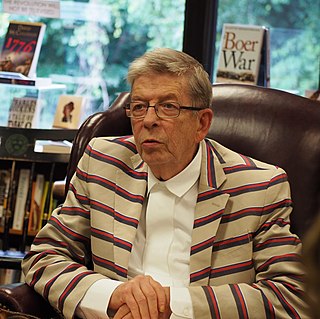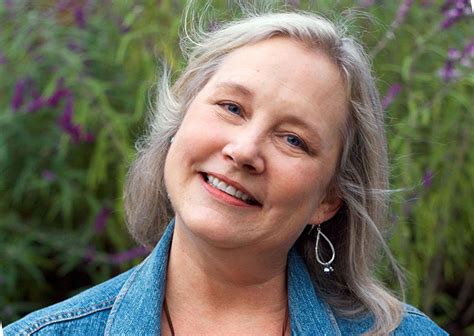A Quote by Eric Kripke
I like to tell stories that have beginnings, middles and ends.
Quote Topics
Related Quotes
What's important on a comedy show, or any show, is that some stories have to go somewhere. There have to be ends to the beginnings and middles you create. But sometimes it's like a way station on the highway, then the actual thing doesn't have to be this giant, climactic, life-changing, game-changing thing.
The same authorities who insist upon beginnings, middles, and ends, declare that Great Literature (by which they mean the stories they have been taught to admire) is about love and death, while mere popular fiction like this is about sex and violence. One reader's sex, alas, is another's love; and one's violence, another's death.
Narration is as much a part of human nature as breath and the circulation of the blood.... storytelling is intrinsic to biological time, which we cannot escape. Life, Pascal said, is like living in a prison from which every day fellow prisoners are taken away to be executed. We are all, like Scheherazade, under sentence of death, and we all think of our lives as narratives, with beginnings, middles and ends.
Catherine Land liked the beginnings of things. The pure white possibility of the empty room, the first kiss, the first swipe at larceny. And endings, she liked endings, too. The drama of the smashing glass, the dead bird, the tearful goodbye, the last awful word which could never be unsaid or unremembered.
It was the middles that gave her pause. This, for all its forward momentum, this was a middle. The beginnings were sweet, the endings usually bitter, but the middles were only the tightrope you walked between the one and the other. No more than that.




































